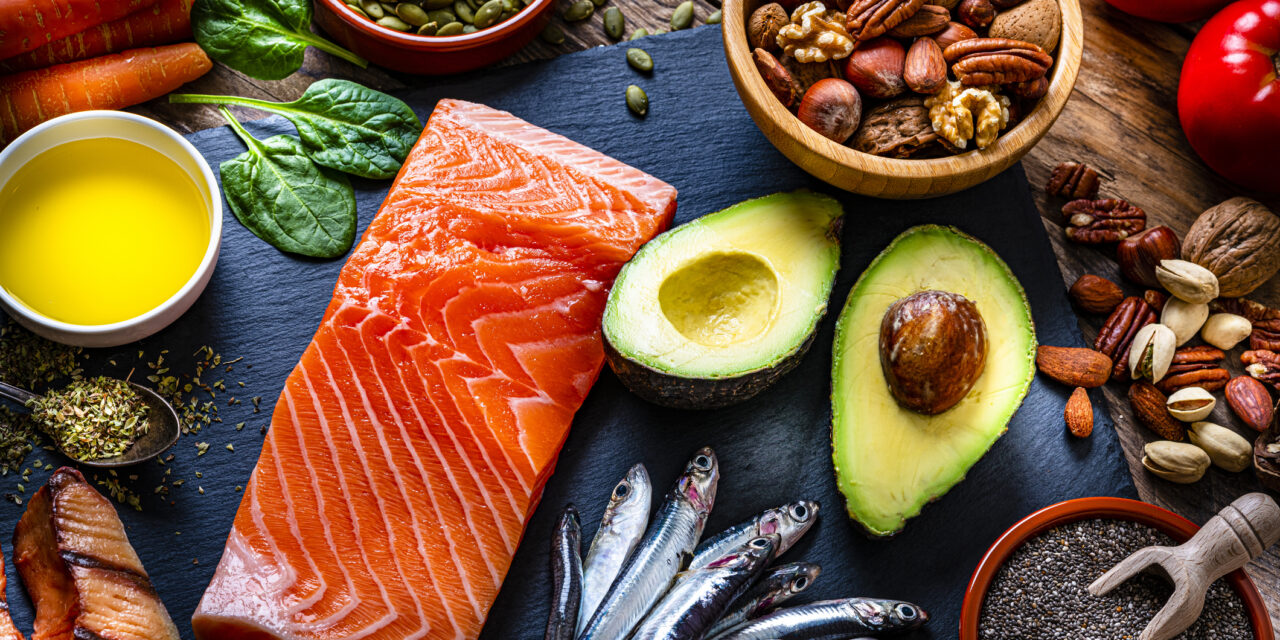Have you ever heard of the Mediterranean diet? Usually when I hear the word “diet” I think of a restrictive way of eating that takes the joy out of food. I love food, and I like to eat food that tastes good.
The Mediterranean style of eating is not so much a diet as it is a traditional way of eating for people who live near the Mediterranean Sea—in countries like Spain, Greece, Italy, and France. It also emphasizes community, such as meals with family and friends. Any meal plan that includes family, friends, and conversation is joyful for me!
The Mediterranean diet is also known as a very heart-healthy way to eat because of its emphasis on plant-based foods, healthy fats, and vegetables. Let’s learn more about it!
What is the Mediterranean Diet?
According to the Mayo Clinic, a Mediterranean-style diet plan is built around plant-based foods such as whole grains, legumes, fruits, vegetables, nuts, and seeds. The primary source of added fat is olive oil.
Fish, seafood, poultry, and dairy products are included in moderation; red meat is only consumed occasionally. Produce really takes center stage in the meal and protein is the side dish.
And if you like wine, you’ll be glad to know that low to moderate amounts of red wine are also included in moderation. If you love sweets, however, you’ll need to rethink dessert: consider fresh fruit instead of more traditional cakes, cookies or pies.
Health Benefits
A number of studies have confirmed that following the Mediterranean diet helps prevent heart disease and stroke, and it’s been linked to reduced risks for certain cancers. Why is this? There are several reasons that may contribute:
- High consumption of fruits and vegetables, which include antioxidants
- Monounsaturated fat from olive oil, nuts, and seeds, which helps lower cholesterol
- Improved blood sugar control which can help manage diabetes
- Anti-inflammatory benefits that can lower the risk of bone fractures
If you’re interested in trying the Mediterranean diet, here are some tips from the Mayo Clinic:
- Build meals around vegetables, beans and whole grains
- Eat fish at least twice a week
- Use olive oil instead of butter in preparing food
- Serve fresh fruit for dessert
The website Everyday Health also provides a sample 7-day eating plan based on the Mediterranean style that includes plenty of foods you probably already eat or have at home.
Reminders for Panel Members
Many of the foods included in the Mediterranean diet are already staples in many homes and might be foods you already purchase. Fresh foods like produce and fish, or bulk goods like nuts, often don’t have barcodes. Remember that you can find these items on the Non-Barcoded Items list.
Having trouble scanning a barcode? Check out our recent video about barcodes for some helpful tips!



Loved the article on Mediterranean diet. Thank you for informative fun reads!!
I eat lots of veggies because they just taste better than most foods. Need the fruits though.
Sounds like a great way to a healthy body. Must try